Filter by
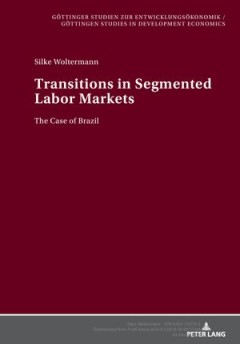
Transitions in Segmented Labor Markets
When labor market economists started to work on segmented labor markets, they classified informal employment as a transitory state. At the end of the 20 century, informal employment still persists governments’ attempts to eradicate it and represents a growing labor market segment not only in developing countries but worldwide. It is evident that informal employment will not disappear but has …
- Edition
- -
- ISBN/ISSN
- 9783631531624
- Collation
- -
- Series Title
- -
- Call Number
- 320 WOL t
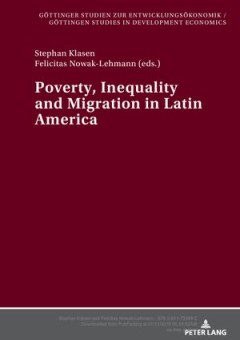
Poverty, Inequality and Migration in Latin Amerika
The causes and consequences of high inequality in incomes, assets, and many aspects of well-being in Latin America have recently (re-)emerged as a central research and policy issue. However, many open questions remain that will be dealt with in the contributions to this volume. First, the linkages between growth, inequality, and poverty in Latin America need further clarification. More analyses…
- Edition
- -
- ISBN/ISSN
- 9783631573273
- Collation
- -
- Series Title
- -
- Call Number
- 320 POV p
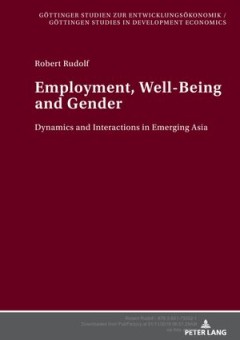
Employment, Well-Being and Gender
This book examines welfare effects of gender-related inequalities in Korean households and labor markets. It uses subjective well-being data to show that reductions of excessive levels of working hours did improve family well-being in the past decade. Moreover, benefits from major life events like marriage can differ greatly by sex if traditional gender roles dominate and women contribute much …
- Edition
- -
- ISBN/ISSN
- 9783631623022
- Collation
- -
- Series Title
- -
- Call Number
- 304.6 RUD e
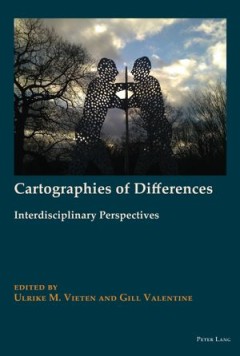
Cartographies of Differences: Interdisciplinary Perspectives
This volume investigates the process of learning how to live with individual and group differences in the twenty-first century and examines the ambivalences of contemporary cosmopolitanism. Engaging with the concept of ‘critical cartography’, it emphasizes the structural impact of localities on the experiences of those living with difference, while trying to develop an account of the counte…
- Edition
- -
- ISBN/ISSN
- 9783035308044
- Collation
- -
- Series Title
- -
- Call Number
- 301 CAR c
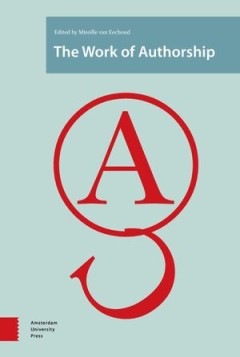
The Work of Authorship
Technological and economic concerns have long been the drivers of debate about copyright. But diverse disciplines in the humanities - including literary studies, aesthetics, film studies, and the philosophy of art - have a great deal to offer if we wish to establish a more nuanced and useful conception of copyright and authorship. This volume brings together scholars from a range of disciplines…
- Edition
- -
- ISBN/ISSN
- 9789048523009
- Collation
- -
- Series Title
- -
- Call Number
- 300 EEC w
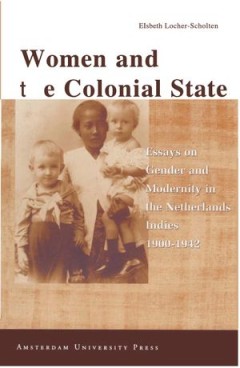
Women and the Colonial State: Essays on Gender and Modernity in the Netherlan…
Woman and the Colonial State deals with the ambiguous relationship between women of both the European and the Indonesian population and the colonial state in the former Netherlands Indies in the first half of the twentieth century. Based on new data from a variety of sources: colonial archives, journals, household manuals, children's literature, and press surveys, it analyses the women-state re…
- Edition
- -
- ISBN/ISSN
- 9789053564035
- Collation
- -
- Series Title
- -
- Call Number
- 305.9 LOC w
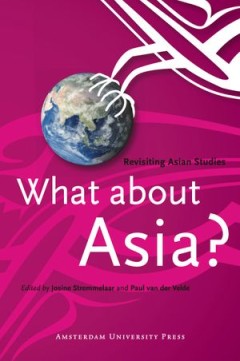
What about Asia?: Revisiting Asian Studies
What about Asia? Revisiting Asian Studies brings together scholars from Asia, Europe and America to test the strength of a field of study which, considering the rise of Asia, should be gaining momentum. But is it? This is one of the many questions that the contributors to this volume ask themselves. In the past decade the use and legitimacy of area studies, and in particular Asian studies, have…
- Edition
- -
- ISBN/ISSN
- 9789053569597
- Collation
- -
- Series Title
- -
- Call Number
- 305.8 WHA w
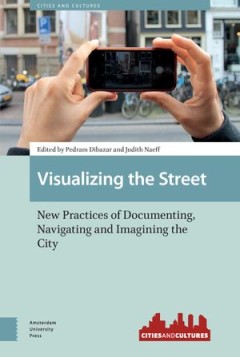
Visualizing the Street: New Practices of Documenting, Navigating and Imaginin…
From user generated images of street protests in Istanbul and Hong Kong, to professional architectural renderings of future streets, to GPS-tracked walks in London and Amsterdam, and the visualisation of Sydney's urban change via social media, this collection of essays analyses new practices of how we visualise the street. Today, new technologies allow everyone who carries a smartphone to play …
- Edition
- -
- ISBN/ISSN
- 9789048535019
- Collation
- -
- Series Title
- -
- Call Number
- 300 NAE v
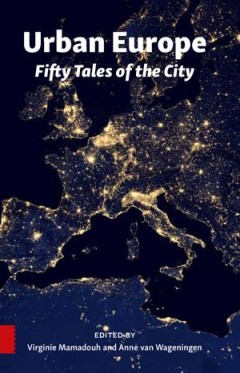
Urban Europe: Fifty Tales of the City
In Urban Europe, urban researchers and practitioners based in Amsterdam tell the story of the European city, sharing their knowledge of and insights into urban dynamics in short, thought-provoking pieces. Their essays were collected on the occasion of the adoption of the Pact of Amsterdam with an Urban Agenda for the European Union during the Dutch Presidency of the Council in 2016. The fifty e…
- Edition
- -
- ISBN/ISSN
- 9789462984905
- Collation
- -
- Series Title
- -
- Call Number
- 301 WAG u
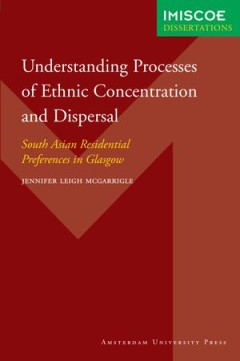
Understanding Processes of Ethnic Concentration and Dispersal
Questions surrounding 'race' as a spatial divider have come to the forefront of the political agenda, compelling us to revisit the debate on residential segregation. Drawing on the spatial analysis of changing dynamics in the ethnic geography of Greater Glasgow and qualitative research on the residential preferences of 40 South Asian households, this book enhances our understanding of settlemen…
- Edition
- -
- ISBN/ISSN
- 9789053566718
- Collation
- -
- Series Title
- -
- Call Number
- 320 MCG u
 Computer Science, Information & General Works
Computer Science, Information & General Works  Philosophy & Psychology
Philosophy & Psychology  Religion
Religion  Social Sciences
Social Sciences  Language
Language  Pure Science
Pure Science  Applied Sciences
Applied Sciences  Art & Recreation
Art & Recreation  Literature
Literature  History & Geography
History & Geography